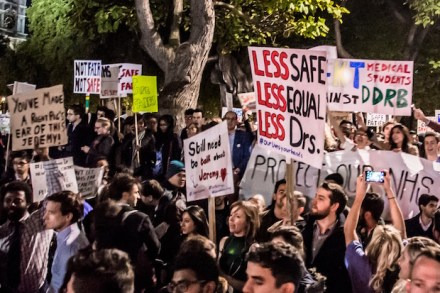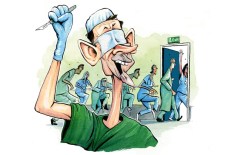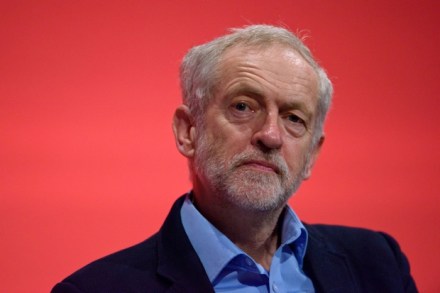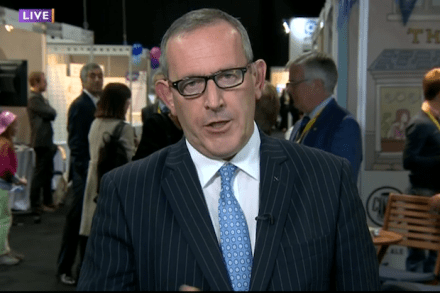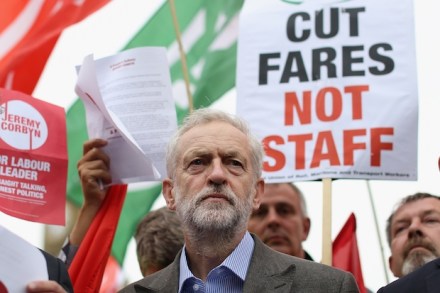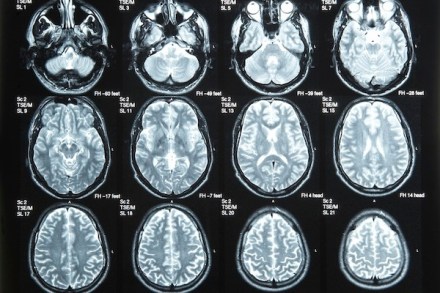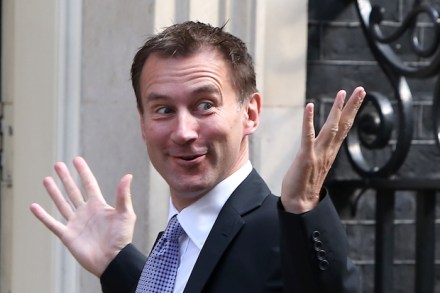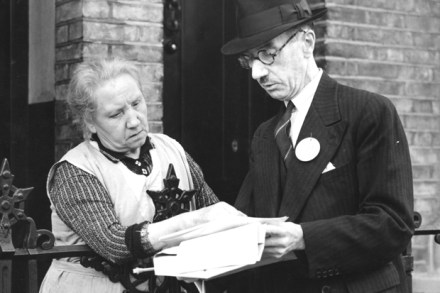Podcast: Jeremy Hunt’s catastrophic mistake
Is Jeremy Hunt spoiling for a fight with the wrong people? On the latest View from 22 podcast, Dr Clare Gerada debates this week’s Spectator cover feature on junior doctors with Fraser Nelson. Does the government have the right intentions about reforming the NHS? Why is the fight over working hours and pay for junior doctors proving so toxic? Are these doctors actually being offered an 11 per cent pay rise, or is this simply spin? And what does the row say about how the government is treating public sector employees? Christopher Buckley and Freddy Gray also discuss this week’s Republican presidential debate and whether Marco Rubio is the most likely candidate to receive the nomination. Is Donald Trump becoming a
